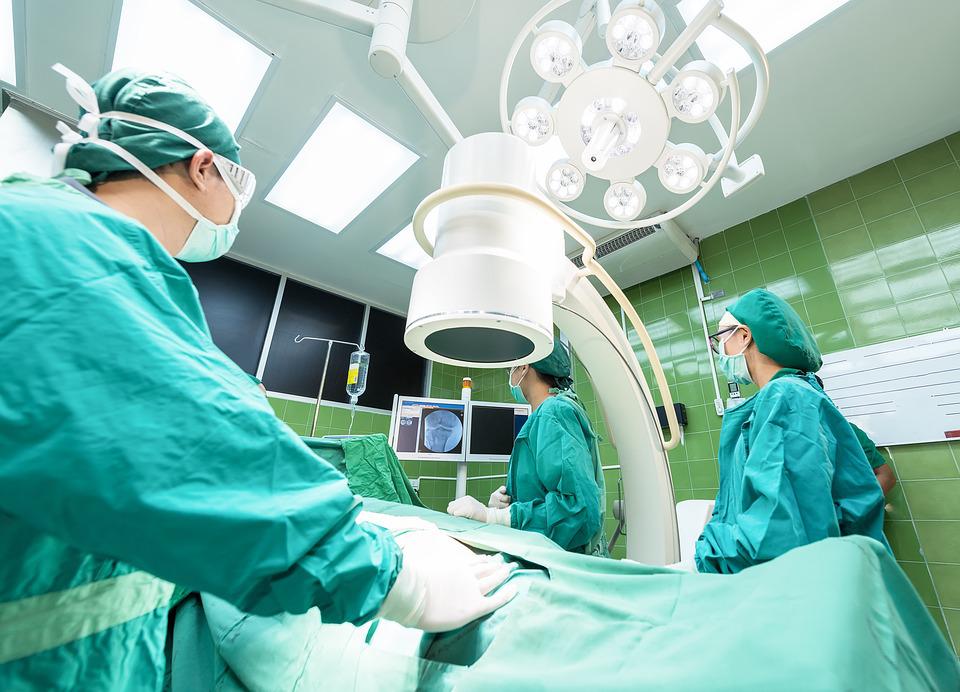In Bordeaux, Healthcare ICT is a major sector that extends across the entire Nouvelle-Aquitaine region thanks to the Health Alliance Innovation cluster, a collaboration between regional clusters specializing in biotechnologies, medical devices, cardiology, oncology, epidemiology, and the pharmaceutical sector. The region is home to 58 laboratories and 1,150 researchers, as well as organisations like Liryc, the Electrophysiology and Heart Modelling Institute, which is one of the only of its kind that is dedicated entirely to heart rhythm disorders.
Nantes was traditionally known for its industrial and maritime sectors, but that’s been shifting over the past decade due to a growth in high-tech industries. Now, the area is considered a centre of excellence in industries like science and technology, with 14 European and global competitiveness centres and clusters, including Atlanpole Biotherapies, which focuses on immunotherapies, regenerative medicine, and radiopharmaceuticals. In 2026, the future university hospital will be located in the new healthcare district, on the Ile de Nantes. This vast complex will bring together the two current hospital sites, as well as the Faculties of Medicine and Dentistry, research institutes and paramedical schools – with innovation and excellence at its heart.
Strasbourg is spearheaded by IRCAD, which opened in 1994 within the NEXTMED campus, dedicated to medical technologies. Since its creation, IRCAD has gained world renowned fame as a leading surgery research and education institute. Out of six of the world-renowned IHUs putting the French model in the spotlight, one is in fact located in the Alsatian capital, home to BioValley France. At the Institute of Image-Guided Surgery of Strasbourg, there’s everything from a research centre with a clinical platform operated by the University Hospital of Strasbourg to a centre that gathers teams to design and develop instruments and procedures for the future, as well as an international training centre where both professionals and students can learn about the most advanced, minimally invasive procedures.
With a vision focused on a combined approach to care, health and quality of life, there are a number of cutting-edge technologies being developed in Lyon that bring together innovative collaborative projects in the health, medical, social and prevention spheres. A few of the subsectors thriving in the region: immunology and infectiology (including vaccines and diagnostics), cosmetic dermatology (tissue engineering and 3D bio-printing), and veterinary public health (with the world’s first hub in the field, Hub VPH). Worth noting also is that, in 2023, Lyon will welcome the WHO Academy to Promote Global Digital Learning for Health Workers.
Calvados, in Normandy, is also emerging into a European centre for hadrontherapy, a type of radiotherapy that treats tumors that are resistant to traditional treatments or surgically inoperable. Some of the major labs include Areva Med, Farmaclair and Laboratoires Gilbert in Caen, as well as Medilis and Sanofi laboratory in Lisieux. Another notable subsector in the area is nuclear health, which is being propelled by Nucleopolis, a cluster that brings together regional expertise in the nuclear field dedicated to energy, health, and risk management.
The Mediterranean city of Montpellier, meanwhile, is innovating in its sectors of excellence in the fields of health, digital technology, agroecology, and environment, with competitive clusters like MedVallée, which aims to turn Montpellier into a world-class hub for global health. Considering the area is rich in landscapes and environments from vineyards to scrublands, sea and marshes, it’s also no surprise the region is home to Agropolis International, a major worldwide research hub, which is one of the factors contributing to the métropole being host to one of the world’s largest scientific communities involved with agriculture, food, biodiversity, and environment. The innovation underway is attracting events like the International Association of Hydrological Sciences (IAHS Scientific Assembly), which was held in France for the first time this June.
Lille, where Northern France’s health cluster Eurasanté is based, is also rising the ranks in a number of areas. It’s currently No. 1 for technical textiles for health applications; first for nutrition and functional ingredient R&D and production; second for the manufacture of hospital equipment; and third for digital health. The city is focusing on tackling France’s major challenges like a global aging population and inequality of access to healthcare by placing emphasis and innovation on the e-health market, which, in the region, comprises more than 120 companies and an estimated €145M.
As these advances in sectors and subsectors of life sciences and healthcare show, cities across the country are placing France on the map in terms of innovation, where research developments and new technologies are changing the industry and inspiring discussion amongst delegates meeting in these knowledge hubs.
